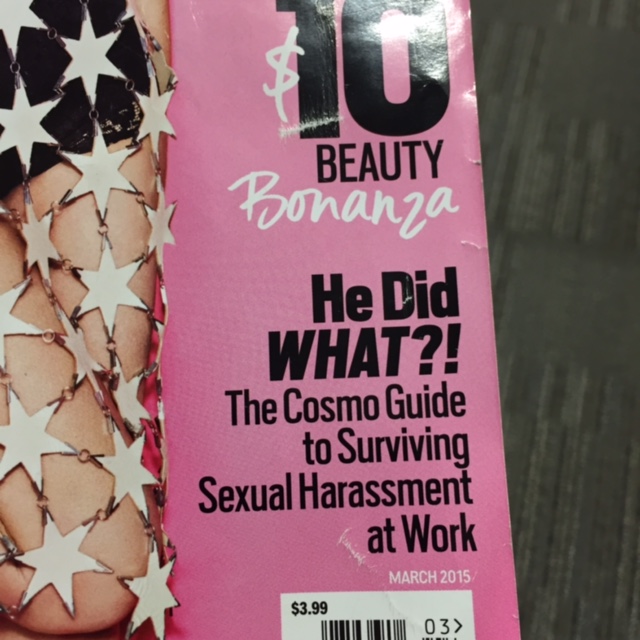
As I approach the ninth anniversary of this blog this week (watch for that anniversary post soon), I’ve gotten a bit more reflective as well. Some of that is personal circumstances I’ve mentioned before; perhaps some of it is age and experience.
And I find myself wanting to speak directly to employees who have brought suit against their employers.
But here’s the thing: I can’t. The simplest of explanations is that ethics rules prohibit the attorney for one party from contacting the opposing party directly.
And so: End of the blog post.
Well, not quite. As I’ve discovered over the years, I also get several phone calls from people looking to sue their employers for one reason or the other.
While I have to politely decline many of those requests, I sometimes wish that I could tell them a few things before they brought suit.
So here goes:
1) Odds are, your employer didn’t make the decision lightly. Many of my days are spent advising employers on how to navigate employment laws while managing an employee’s performance. Termination of employment is typically the last thing an employer wants to do. It’s costly and, let’s be honest, no one really likes firing someone else (no matter what a certain candidate did on a reality TV show). Yes, there are exceptions to everything, but in most situations the termination is the end result of a long process.
2) Odds are, you probably weren’t discriminated against. Again, I’ll state the obvious that discrimination still happens and if it does, it should be rooted out and stopped. Period. But in the overwhelming majority of employers I’ve dealt with, I just don’t see it happening. And, when I’ve been asked to provide advice on an employment situation that just feels off, I typically advise the employer to rethink its plans. Most businesses I’ve dealt with just want to have solid employees and minimize issues in the workplace. If your employer had legal counsel review the termination decision, it means the employer is trying to comply with the law — not find some legal loophole to get around it.
3) This is doubly true if the same person who hired you then fired you. Courts recognize the “same actor” defense is a strong one — that is, that it is unlikely that discrimination was the reason an employee was fired if he or she was hired by the same person. In other words, it doesn’t make sense that your supervisor suddently became biased against African-Americans when the supervisor hired that same person. So, if you’ve been fired after six months by the same boss that hired you, that supervisor probably isn’t discriminating against you because of your protected class.
4) Before pointing fingers, be introspective. As a parent, we all recognize that our kids — however wonderful they are — are not perfect. They are surprised when they find out that when they don’t study for a test, they may get a bad grade. And the hope of many parents is that our children become self-aware — that is, recognizing that they are not perfect too.
In litigation, however, I’ve seen too many instances of employees who were simply oblivious to how their actions were perceived by others. They simply lacked the self-awareness of their own actions, or if they were self-aware, they denied it vigorously as if by telling themselves a lie enough times, it could become reality. Before accusing your employer of discrimination, ask yourself — If I told my neighbor the story of my firing, whose side would he or she be on?
5) A difficult boss does not equal a “hostile work environment” under the law. I’ve heard this phrase used with increasing frequency by employees these days. But note that under the law, this phrase has a specific legal meaning. Having a supervisor place you on a performance improvement plan because your performance, well, needs improving, is typically not a “hostile work environment”. More often than not, it’s just a supervisor trying to manage the performance of his or her employees. Before your throw around legal words and phrases, understand what they mean.
Closing Thoughts
Employment litigation is a messy endeavor. It’s time-consuming, costly, and often times, leads to imperfect results. Employees who are thinking of bringing suit against their employers should seek counsel that won’t sugarcoat their case for them. Your case probably isn’t like Gretchen Carlson’s $20 million settlement.
So are all employers off the hook? Hardly.
Over the years, I’ve also seen employers who were far from blameless in employment situations. In tomorrow’s post, I’ll spread the criticism to employers to explain why that lawsuit brought by your employee may not be so frivolous after all.
